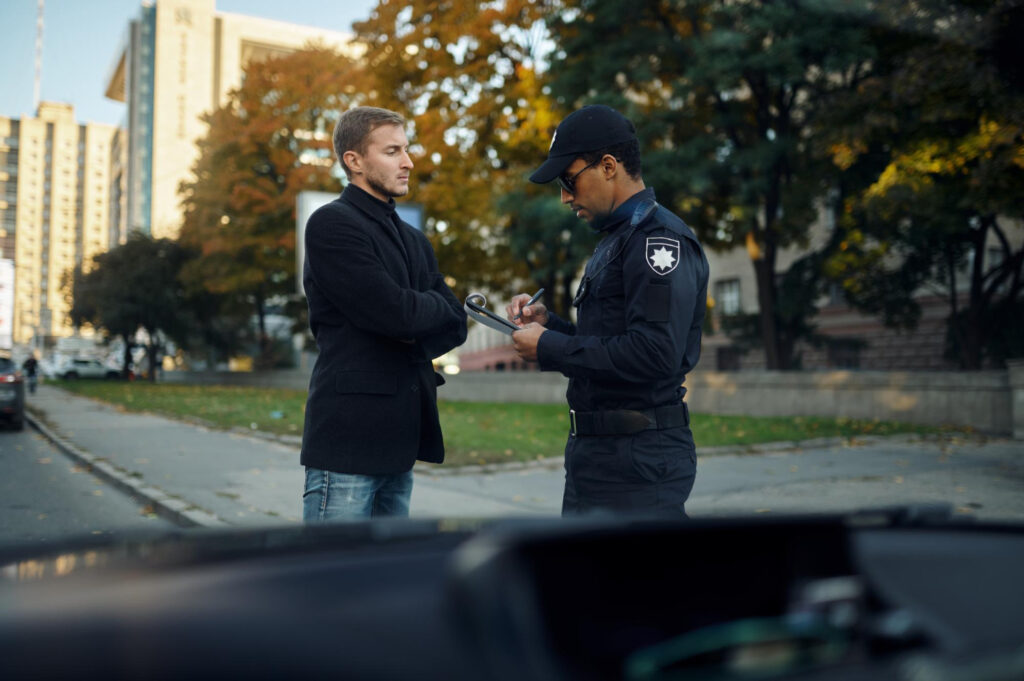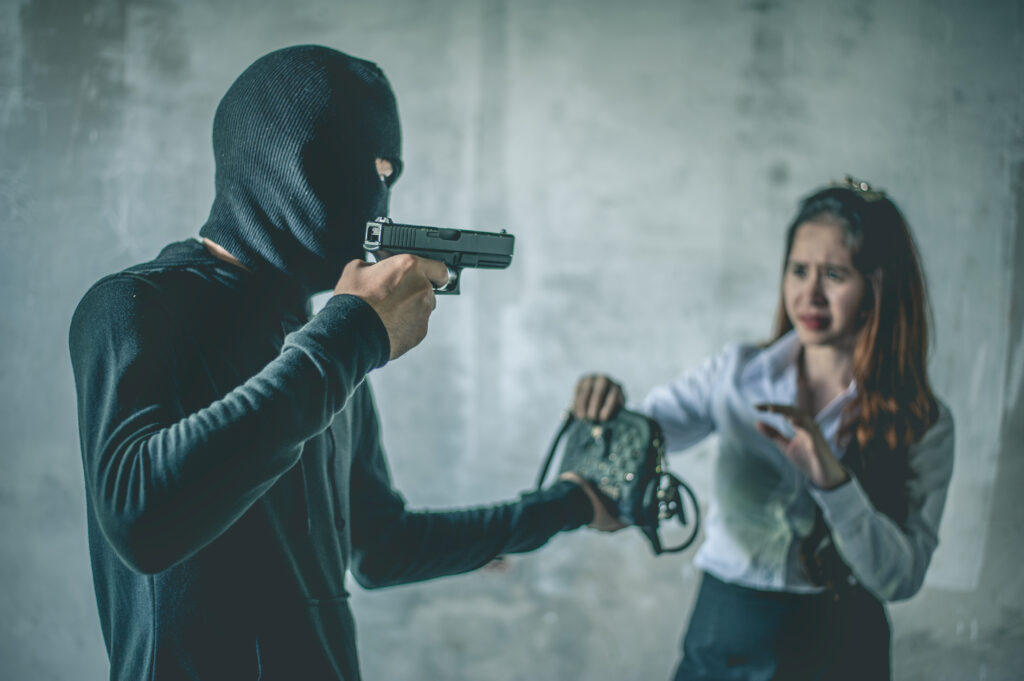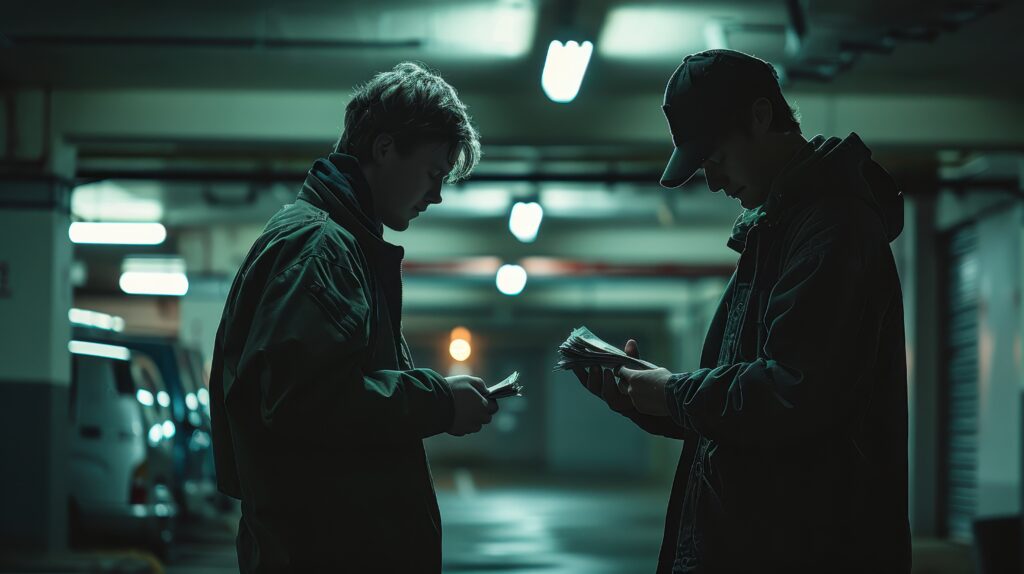When most people hear the word “conspiracy,” they think of shadowy plots and whispered schemes. However, in California (and at the federal level), conspiracy charges don’t require any cloak-and-dagger. In fact, you can face serious criminal consequences just for agreeing with someone else to commit a crime, even if the crime itself never takes place.
Conspiracy law is broad, powerful, and sometimes surprising. Understanding what counts as conspiracy, how it’s proven, and what defenses exist can make all the difference if you or someone you love is facing these charges.
What Is Conspiracy?
At its core, conspiracy is really nothing more than an agreement between two or more people to commit a crime. Unlike other offenses, you don’t have to actually complete the crime for prosecutors to pursue conspiracy charges. However, you can’t be charged with conspiracy for just talking about potentially committing a crime. There’s another piece of the puzzle: action.
California Penal Code § 182 lays out the definition: if two or more people agree to commit any crime, and at least one of them takes a step (called an “overt act”) toward carrying it out, that’s conspiracy.
The law is designed to punish not just the crime itself, but the dangerous agreement to commit it, while still balancing people’s freedom of speech.
Key Elements of Conspiracy
California (or the federal government) can’t just arrest people for talking about committing crimes. If that were the case, authors and screenwriters would make up a pretty large percentage of the prison population. For prosecutors to convict someone of conspiracy, they generally must prove several key elements:
- Agreement – There must be an agreement between two or more people. It doesn’t need to be in writing or formal, though. It can be a spoken conversation or even an unspoken understanding.
- Intent – Each participant must intend to agree and intend that the underlying crime be carried out.
- Overt act – At least one conspirator must take some step toward completing the crime. This could be something very minor, like buying supplies or scouting a location.
The overt act requirement is important. Without it, conspiracy law could punish people for nothing more than idle talk.
Examples of Conspiracy
Because conspiracy law is so broad, it can apply in a wide range of scenarios. Here are some common examples:
- Drug conspiracy – Two people agree to sell drugs, and one buys packaging materials.
- Fraud conspiracy – A group plans to defraud investors, and one member drafts a fake business plan.
- Robbery conspiracy – Two friends plan a robbery, and one buys masks or weapons.
- White-collar conspiracy – Executives agree to fix prices, and one makes a phone call to competitors.
Notice that in each example, the actual crime hasn’t happened yet. The agreement plus a single step toward the goal can be enough to trigger conspiracy charges.
Conspiracy Charges and Penalties
The punishment for conspiracy depends on the underlying crime being planned. So, if you were planning a misdemeanor, you’ll face misdemeanor-related penalties.
- Conspiracy to commit a misdemeanor – Treated as a misdemeanor, with penalties like fines, probation, and up to a year in county jail.
- Conspiracy to commit a felony – Punished as a felony, often carrying the same sentence as if the felony had been completed. This can mean multiple years in state prison.
- Federal conspiracy charges – At the federal level, conspiracy can carry extremely heavy penalties, especially for drug trafficking, terrorism, or financial crimes. Federal conspiracy law often doesn’t require an overt act. An agreement to commit a crime alone can be enough in some cases.
One of the most serious aspects of conspiracy law is that you can be held responsible for crimes committed by your co-conspirators, as long as they were in furtherance of the conspiracy. This is sometimes called “Pinkerton liability” under federal law, and it can dramatically increase exposure.
Related Offenses
Conspiracy is rarely the only charge you’ll face. It often overlaps with other criminal charges. Some related offenses include:
- Attempt – Trying but failing to complete a crime. Unlike conspiracy, attempt focuses on the individual’s direct steps, not a group agreement.
- Solicitation – Asking, hiring, or encouraging someone else to commit a crime.
- Aiding and abetting – Helping or encouraging another person to commit a crime.
Prosecutors sometimes charge multiple related crimes to strengthen their case, which makes defending against conspiracy charges even more important.
Defenses to Conspiracy Charges
Facing a conspiracy charge doesn’t mean conviction is inevitable. An experienced defense attorney can raise several challenges, depending on the facts:
- No true agreement – The prosecution has to show an actual meeting of the minds. Casual conversations or vague ideas may not qualify.
- Lack of intent – If you didn’t intend for a crime to occur, you can’t be guilty of conspiracy. So, if you were just “going along to get along” with no real intent to move forward, or didn’t realize that the other person was serious, conspiracy may not apply.
- No overt act – In California, without some step toward committing the crime, conspiracy charges usually won’t stick.
- Withdrawal – If you withdrew from the agreement before any crime was committed and communicated that withdrawal to your co-conspirators, you may have a defense.
- Entrapment – If law enforcement pushed you into an agreement you otherwise wouldn’t have made, entrapment can be a defense.
Every case is different, and prosecutors often rely on circumstantial evidence. Having a lawyer who knows how to challenge weak evidence can make a major difference.
Why You Need an Experienced Defense Attorney
Conspiracy charges (whether state or federal conspiracy charges) are serious. They let prosecutors cast a wide net, sometimes sweeping in people who had only minimal involvement. Because the penalties can mirror those of the completed crime, the stakes are extremely high.
An experienced criminal defense lawyer can evaluate whether the elements of conspiracy are truly met, negotiate with prosecutors, and, if necessary, fight the charges at trial.
If you’re facing conspiracy allegations in California, don’t wait. Reach out to defense attorney David L. Faulkner today.









